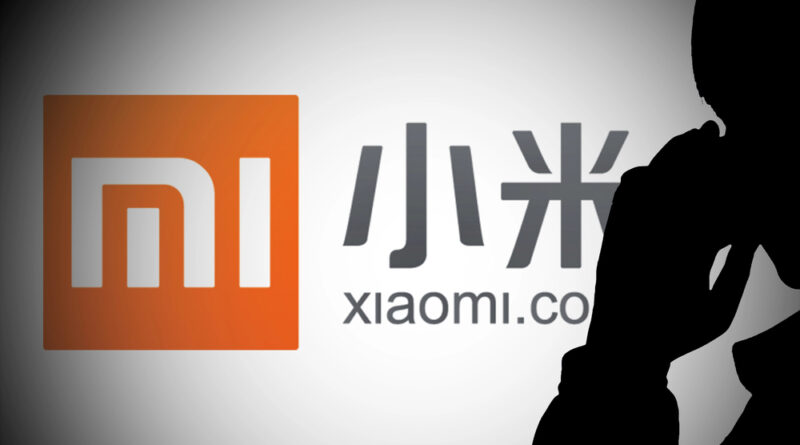Xiaomi Boosts Chip Ambitions with Nearly $7 Billion Investment, Reveals Cutting-Edge Mobile Chip
Chinese tech giant Xiaomi announced an ambitious plan to invest nearly $7 billion (50 billion yuan) over the next decade into chip design, underscoring China’s intensifying push for semiconductor self-reliance amid ongoing trade tensions with the U.S.
The announcement, shared by Xiaomi founder and CEO Lei Jun on Chinese social media platform Weibo, came just days before the company is set to unveil its groundbreaking new 3-nanometer mobile chip, named XringO1. This advanced chipset represents a significant milestone in Chinese semiconductor development, bringing Xiaomi’s technology on par with leading global competitors.
China’s Semiconductor Drive Intensifies
Xiaomi’s massive investment comes as part of a broader Chinese strategy to reduce dependency on foreign chip suppliers—particularly those in the U.S. The semiconductor sector has become a focal point of U.S.-China trade frictions, with strict export restrictions from Washington driving Chinese tech firms to accelerate local innovation.
Lei Jun confirmed Xiaomi invested 13.5 billion yuan specifically into the development of the XringO1 chip, highlighting the company’s deep commitment to cutting-edge semiconductor technology.
Chinese state media CCTV praised the upcoming 3-nanometer chip release as a significant breakthrough in domestic chip design, positioning Xiaomi as a critical player in China’s technology self-sufficiency goals.
Market Reacts Positively to Xiaomi’s Announcement
Investor confidence responded strongly to the news, with Xiaomi’s stock climbing approximately 2% in Hong Kong trading following Lei’s announcement. The company’s shares have already surged by over 50% this year, bolstered by robust domestic sales performance and successful diversification into electric vehicles.
Earlier in the year, Xiaomi reclaimed the top spot in China’s highly competitive smartphone market for the first time in nearly a decade. The company’s smartphone shipments reached 13.3 million units in the first quarter, marking an impressive 40% year-over-year increase.
Expansion Beyond Smartphones: Xiaomi’s EV Ambitions
In parallel with semiconductor developments, Xiaomi continues to gain traction in the rapidly evolving electric vehicle (EV) market. The recent launch of its luxury EV, the SU7 Ultra, has attracted significant consumer demand. The company has raised its EV delivery targets, now aiming to deliver 350,000 vehicles by 2025, an increase from the previously announced target of 300,000 units.
These strategic moves into semiconductor and automotive sectors reflect Xiaomi’s broader ambition to become a diversified tech leader, extending its influence far beyond consumer electronics.
Looking Ahead
Xiaomi’s commitment to investing nearly $7 billion into chip design underscores not only its confidence in domestic innovation but also China’s determination to build a self-reliant tech ecosystem amid global trade uncertainties. With the unveiling of its advanced 3-nanometer chip this week, Xiaomi could set new benchmarks in mobile technology and signal China’s strengthening position in the semiconductor race.
As the world watches closely, Xiaomi’s next steps may offer valuable insights into the future balance of global tech power.
Photo Credit: DepositPhotos.com

